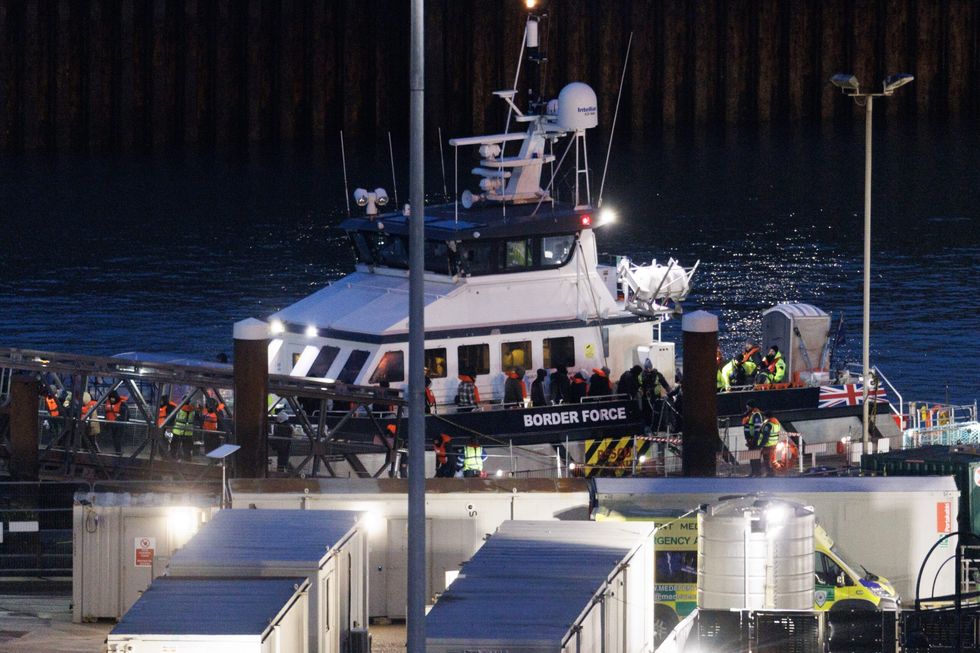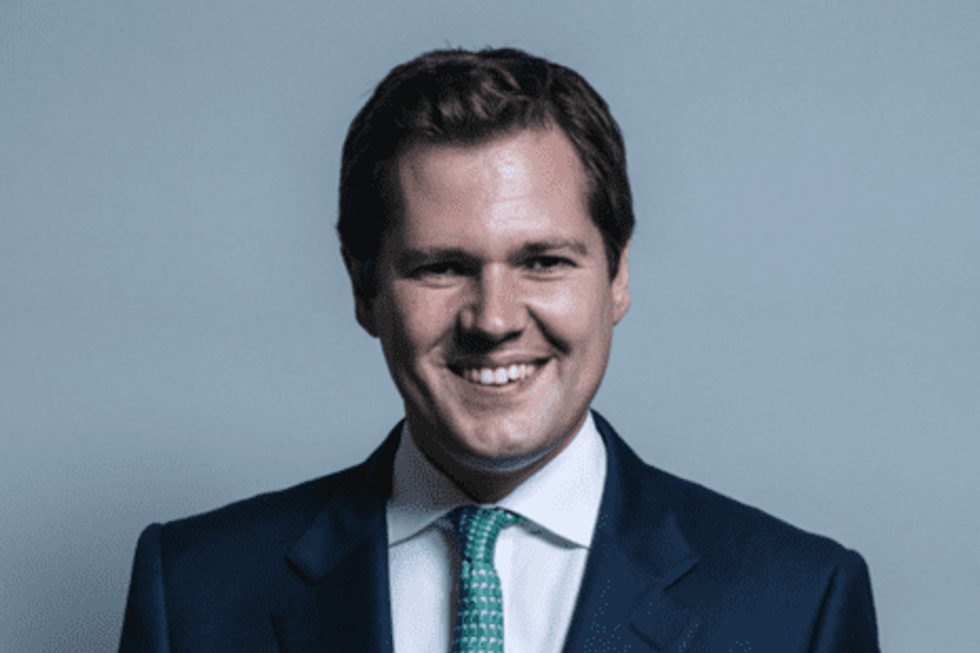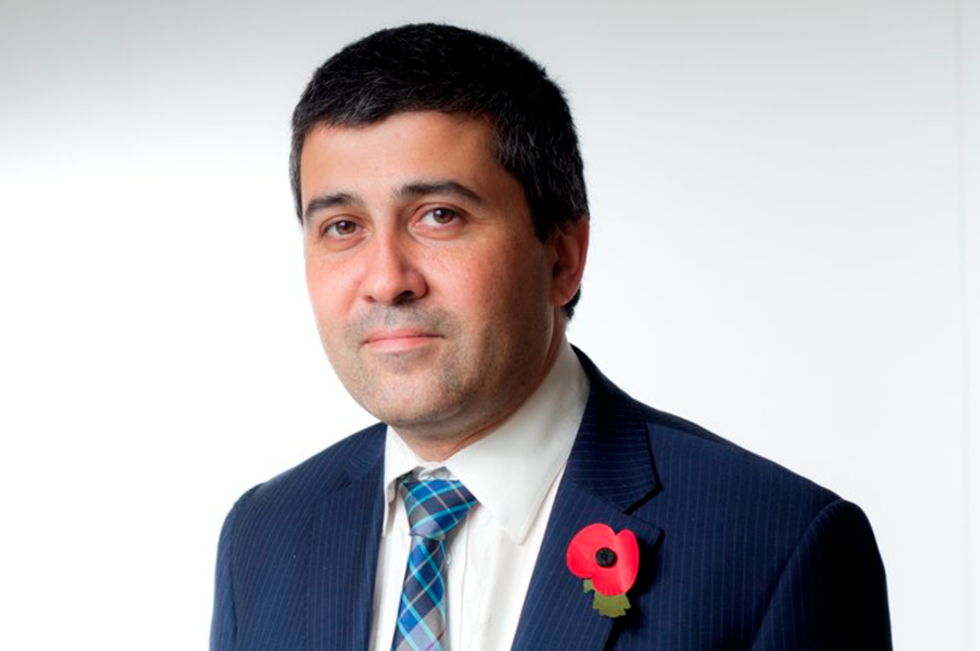IT is a truth universally acknowledged that a political leader with an election to fight must be in want of campaign advice. As Rishi Sunak embarks on the most challenging re-election campaign of any British prime minister in living memory, there is no shortage of pitches about the best spells to cast when on a quest for an electoral miracle.
“Tories facing 1997-style wipeout” was the unwelcome front-page message as the Daily Telegraph gave much profile to a mammoth seat-by-seat YouGov MRP poll.
The headline was partly a statement of the bleeding obvious. The Conservatives are averaging 25 per cent in the polls – a lower level of public support heading into a general election year than any previous British governing party. John Major was polling 30 per cent at a similar stage ahead of his crushing 1997 defeat.
The Tories have not got 30 per cent in a single poll for three months now. But this seat by seat poll added granular local colour from the ghost of elections still to come that could still capture the Westminster imagination.
“Stick to the plan” is now Sunak’s key message, now largely back as the continuity candidate warning against the risks of Labour. But which plan to stick to remains intensely debated both within Downing Street itself - and much more so across an unhappy party. Is the key issue economic credibility – or being even tougher on immigration? Are Labour or Reform the bigger threat? Is this election best fought from the centre or the right?

This high profile YouGov poll was a hostile campaign to force Sunak to change course – organised by former Brexit negotiator and former minister David Frost with funding from a group of party donors. They have a simple answer: move right on everything: get truly tough on immigration, cut taxes and spending, pull out of international agreements to assert sovereignty, slow down further on net zero. Some even fantasise about changing the leader a third time - though most MPs think that would be madness. Ironically, this populist package is broadly on the unpopular of public opinion when it comes to spending and the net zero policy.

Even on immigration, where the Conservatives are in trouble with their own supporters, the data had to be tortured and spun because the poll respondents proved reluctant to give the desired answers. Former immigration minister Robert Jenrick declared it showed how the country "spoke unambiguously with one voice" for a tougher policy on Rwanda. The actual poll showed 42 per cent support and 42 per cent opposition to Jenrick's proposal of removals without the right to an appeal. But splitting opponents into two groups – those who oppose removals outright, or who defend the right to appeal first – allowed the Telegraph to project an imaginary landslide from those split opinions.
Six out of 10 respondents doubted the current Rwanda plan would reduce Channel crossings. A separate YouGov poll for The Times finds that 40 per cent would now scrap the troubled Rwanda policy and just 34 per cent keep it.
Downing Street now hopes to pass the Rwanda bill that is splitting the party this week to return to a relentless focus on the economy. This may prove wishful thinking given the political and legal battles to come over the policy.

How should a governing party compete with a populist party like Reform that can always outflank it, rhetorically? On asylum, Reform’s simple slogan is to just take the boats back to France. A party with no MPs is unconstrained by whether what it says is lawful or practical. The government has set out plans to bring immigration numbers down. Having briefly tripled net migration to 750,000, new policies may halve it again towards 350,000. But Reform say net migration should be "net zero". The party even plans to campaign on the slogan "one in, one out". Some Conservatives wonder if they should adopt the Reform slogan – but risk simply raising the salience of an issue on which its record is most unpopular across all shades of opinion.
Sunak’s problem is that so-called “realignment” of the 2019 general election has splintered in all directions. The Conservatives had 14 million votes in 2019. But more than a million older voters have died, while the party's struggles with first-time voters bring in few 18-24 year olds to replace them.
Losing a million votes to Labour is enough on its own to put Keir Starmer in Downing Street, since those direct switchers count double in marginal seats, though not necessarily with a majority. Those voters prioritise the cost of living and the NHS.
Losing a million or two million votes to Reform at the same time would guarantee a heavier defeat – but it is not clear that copying the Nigel Farage message could bring them back now.
Commentators and MPs like to talk about which of these political problems their own political preferences might target. Sunak's route back to Downing Street would depend on solving all of them at once.



















 His Highness Prince Rahim Aga Khan V
His Highness Prince Rahim Aga Khan V


Tories and Sunak seek 'return to power' plan
Prime minister faces challenges over immigration and economic policies